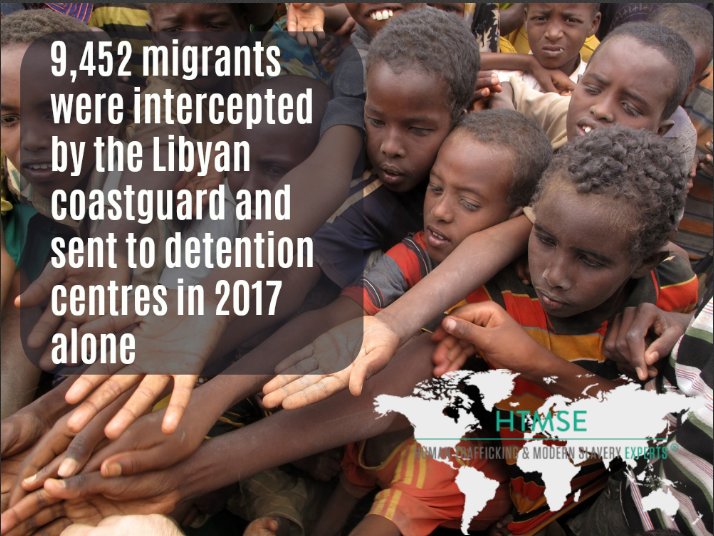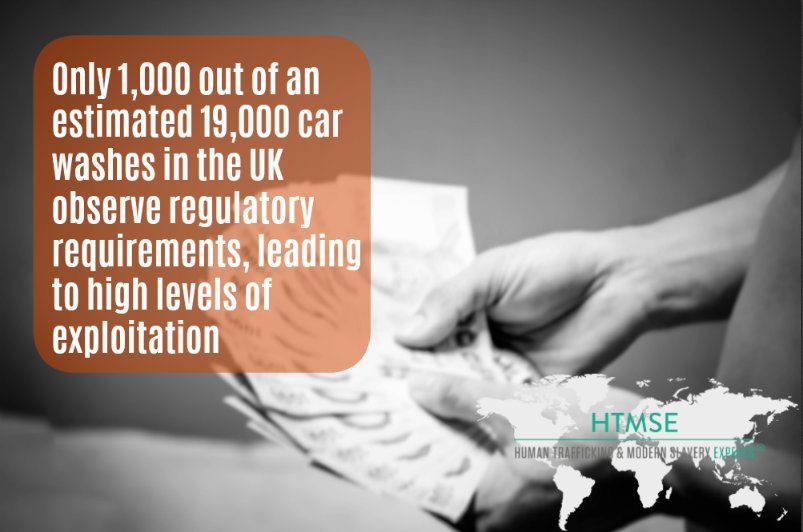
Month: December 2017
Modern slavery in the car wash industry

The untimely death of a Romanian worker at a car wash in London in circumstances of exploitation earlier this year sparked several raids, and drew international attention to what had been a largely overlooked issue. Since then, the Car Wash Advisory Service has noted that only 1,000 out of an estimated 19,000 car washes in the UK observe regulatory requirements, including payment of minimum wage and appropriate working conditions.
The victims, male migrant workers trafficked from Romania and Albania, are lured to work in UK car washes by working agencies in their home countries promising wages permitting remittances to their families, and appropriate working conditions. In reality, they are paid well below minimum wage, housed in dilapidated and overpopulated accommodation often at the site of the car wash, and frequently abused by their traffickers. In addition, workers face inhumane working conditions and are exposed to dangerous corrosive substances, which present a serious threat to their health. There are reported instances of passport confiscation, and threats used based on the workers’ immigration status. Often unfamiliar with the English language and threatened with deportation by their traffickers, workers are deterred from alerting the relevant authorities. Even in the rare instances when modern slavery is identified by the police, victims are reluctant to support prosecutions, fearing retribution or the loss of their wages.
Despite the recent wave of media attention, several instances of abuse and labour exploitation in car washes remain unreported. This is because the car washing industry is largely fragmented and lacks regulatory oversight. For this reason, customers can – and must – take a crucial role in identifying modern slavery in car washes by ensuring workers use and are provided with protective equipment, such as gloves and appropriate boots. However, customers’ most effective tool in the fight against modern slavery is common sense, the key question being whether or not the price paid for any given service is sufficient for the car wash to operate for a profit while paying minimum wage. If not, customers must be quick to take action and alert the authorities to what is most likely a business profiting from human exploitation.